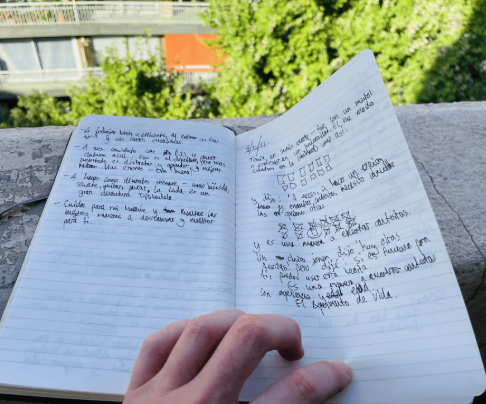Listening is one of the core skills in language learning and often one of the most challenging. Developing strong listening comprehension helps learners understand conversations, follow instructions, and engage more confidently in real-world communication. With intentional practice and the right strategies, anyone can improve their listening skills in a new language.
1. Start with Slower Audio
Begin with materials designed for language learners, such as slow podcasts or beginner-level videos. These resources use clear pronunciation and simpler vocabulary, making it easier to understand and build confidence.
2. Use Subtitled Content
Watch movies, TV shows, or videos with subtitles in the target language. Read along while listening to reinforce word recognition and improve pronunciation. As you advance, try turning off the subtitles to test your comprehension.
3. Listen to Music and Lyrics
Music is a fun and effective way to practice listening. Choose songs in your target language, follow the lyrics, and sing along. This improves rhythm, pronunciation, and familiarity with informal phrases.
4. Try Language Learning Apps
Apps like Duolingo, LingQ, and FluentU include listening exercises that gradually increase in difficulty. They often combine audio with visuals and quizzes for a more interactive experience.
5. Repeat and Shadow
Listen to short clips multiple times and try to repeat what you hear. Shadowing—speaking along with the audio—helps with pronunciation, pacing, and fluency.
6. Focus on Context, Not Just Words
Pay attention to tone, emotion, and context to understand meaning, even when you don’t recognize every word. This skill becomes especially useful in real conversations where perfect clarity is rare.
7. Listen Daily in Small Doses
Consistency is more important than duration. Incorporate 10–15 minutes of listening practice into your daily routine, such as while walking, driving, or doing chores.
8. Use Podcasts and Audiobooks
Choose podcasts or audiobooks suited to your level. Many platforms offer graded content for beginners and intermediate learners. Listening to stories and conversations builds comprehension in a natural, engaging way.
Conclusion
Practicing listening skills in a new language takes time and patience, but the rewards are significant. By using a variety of audio resources, staying consistent, and engaging actively with the material, learners can strengthen their listening ability and become more confident communicators in their target language.


